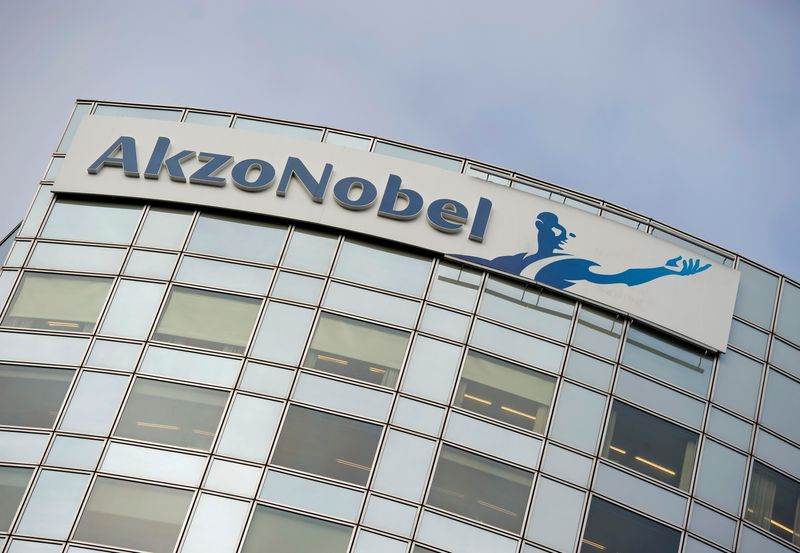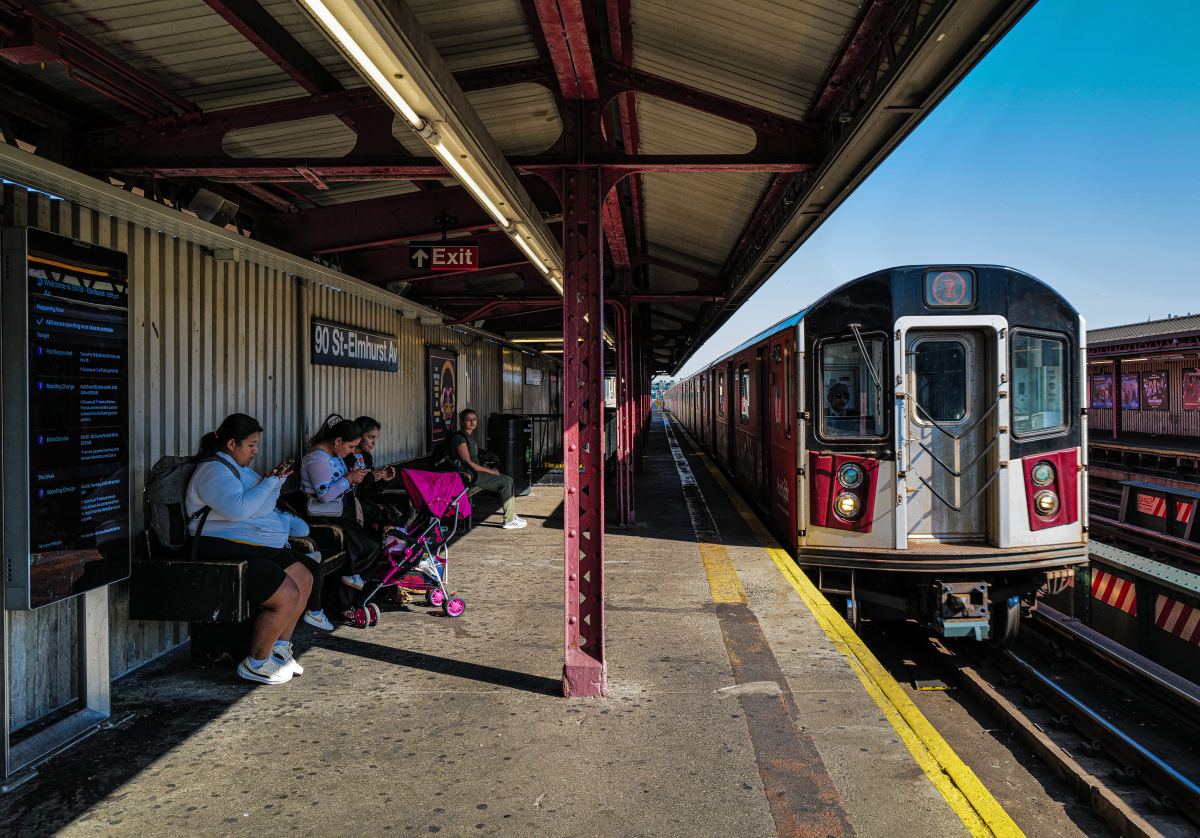By Anait Miridzhanian
(Reuters) -Akzo Nobel on Wednesday predicted a gradual easing in raw material inflation after the paints and coatings maker raised prices to cope with higher fourth-quarter costs.
“Raw material cost inflation and supply constraints are expected to gradually ease by mid-2022,” the group said in a statement, adding that it was applying strong pricing measures to offset inflation.
Morningstar analyst Rob Hales said the Dutch company’s comments should give the market confidence that raw material inflation will be fully offset this year.
Akzo Nobel shares were up 2.2% to 90.64 euros at 0801 GMT.
Chemical makers such as Akzo Nobel and PPG Industries have been hit by rising raw material costs due to strong demand and supply chain issues.
The group, which increased pricing by 12.5%, said raw material and other variable costs increased by 325 million euros in the fourth quarter.
Akzo Nobel added that it expected its pricing to rise by 14-16% in the first quarter of 2022.
The Dulux paint maker reported October-December adjusted operating income of 209 million euros ($238.72 million) while analysts had forecast 212.5 million.
Revenue rose 9% to 2.40 billion euros in the quarter, while analysts had forecast 2.38 billion.
Akzo Nobel also announced plans to buy back 500 million euros in shares by the first quarter of 2023 and a 1.54 euros per share dividend for 2021.
In a call with journalists, financial officer Maarten de Vries said that the firm was “getting back to normal seasonality” after pandemic lockdowns, which have forced people to spend time at home and fuelled a rise in do-it-yourself projects.
The group confirmed its guidance for 2023 earnings before interest, taxes, depreciation and amortisation (EBITDA) of 2 billion euros.
($1 = 0.8755 euros)
(Reporting by Anait Miridzhanian; editing by Subhranshu Sahu and Jason Neely)


























